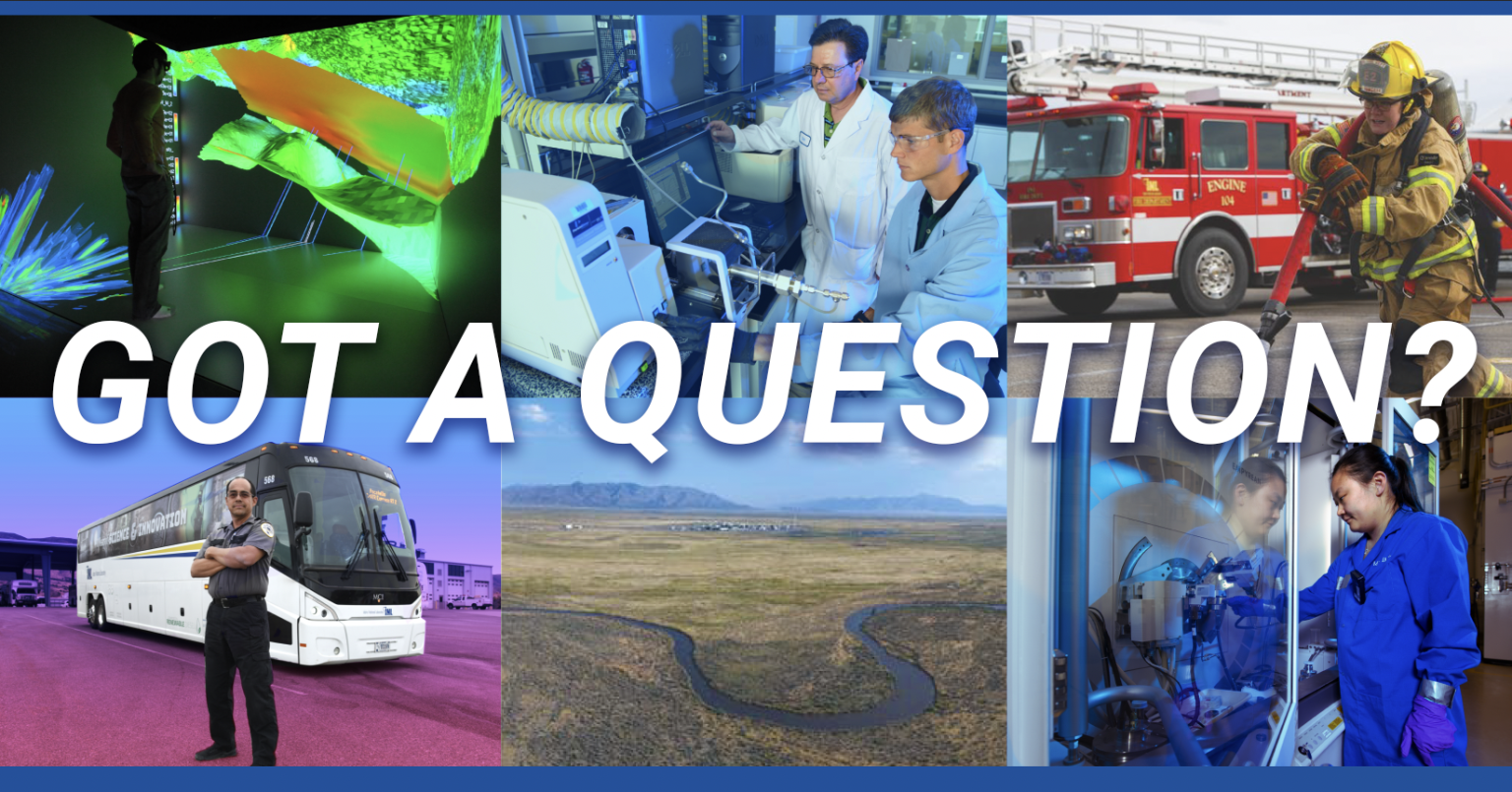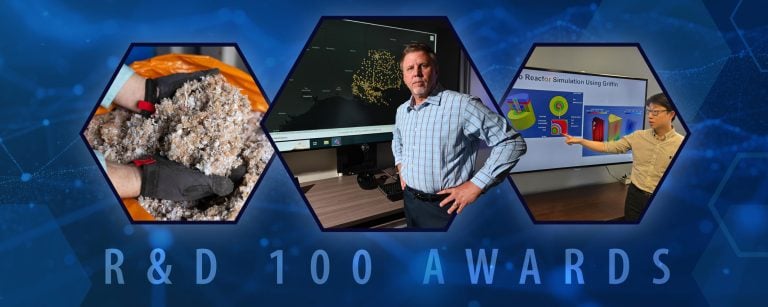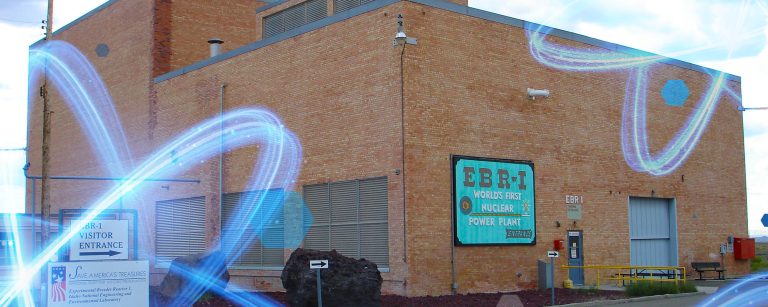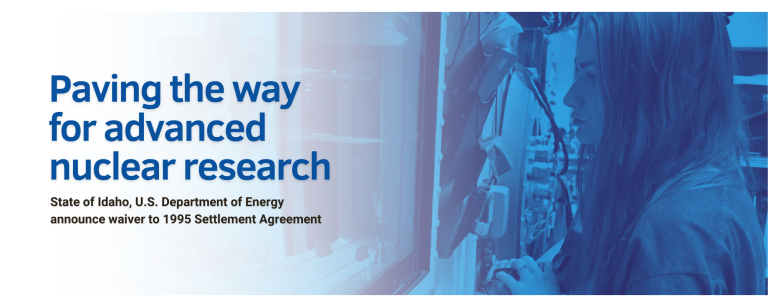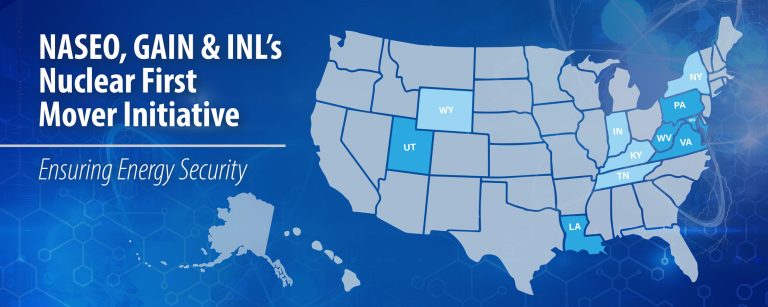INL creates interactive webpage and digital flipbook about lab past and present
Idaho National Laboratory is eager to tell its story to anyone who might be interested.
The lab would really like to reach certain audiences. First, there are the people coming to work at INL, many with limited knowledge of its history or the broad scope of its present-day mission. Second are the people of Idaho, most of whom, according to surveys, have no strong feelings pro or con toward the lab. Last of all are the locals: eastern Idahoans who have lived near the lab their whole lives.
These are people who might have friends or even family members who work at the lab but still don’t know much about what takes place. And they’re the ones most likely to have questions based on things they’ve heard.
Sidelined by the COVID-19 pandemic from conducting anything but virtual tours, INL’s three tour guides – Shelly Norman, Don Miley and Ryan Weeks – have put together an interactive webpage (inl.gov/20-questions) and digital flipbook (also found at inl.gov/20-questions) that answer the most common questions they hear, plus one or two questions of their own they’ve always wanted answered.
Many people don’t have the big picture of what goes on here, said Miley, who first started conducting tours in 1992. “And, many aren’t aware that they can call and ask for a tour, for themselves or their group.”
“It’s interesting for people who have lived in Idaho Falls their whole lives,” Weeks said. “To a lot of them, it’s scary. They ask, ‘Is it safe to come in this building? Am I going to glow?’”
“Guards and gates add to the mystery,” said Norman.
The first thing you will learn is that roughly 5,000 people work at INL, but when you add in employees from the Idaho Cleanup Project, the U.S. Department of Energy-Idaho Operations Office, and the Naval Reactors Facility, that number grows to nearly 8,000 working on site.
The lab, which started in 1949 as the National Reactor Testing Station, has been home to 52 nuclear reactors. Four of them are still in operation, and none generate electricity. The last reactor to do that was Experimental Breeder Reactor-II, which operated from 1964 to 1994 and supplied 30% to 50% of the electricity used at the Site.
A lot of questions are asked about waste, so information and details about spent nuclear fuel, high-level waste, low-level waste and transuranic waste are included.
Some people with knowledge of the January 1961 SL-1 accident that killed three operators may have heard lurid rumors about a love triangle being at the center of it. There is no evidence to support that claim. The design of the reactor at that time was primitive, and logbook entries show there had been problems with the central control rod in the six months preceding the accident. The real legacy of the SL-1 incident was better reactor designs and more thoroughness in safety protocols.
So, will you glow after a tour of the lab? “Only if you glowed before the tour,” the book says. Dental hygienists, airline pilots and lifeguards all get more radiation than most people who work at INL.
Consider yourself an INL expert? After you finish reading and perusing the pages, try your luck with the quiz found on the webpage.

